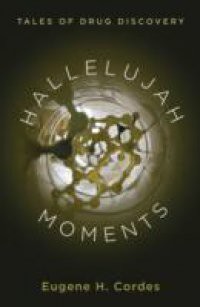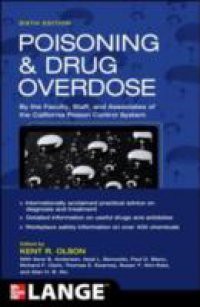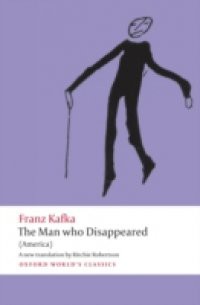Blood, Sweat, and Toil is the first scholarly history of the British working class in the Second World War. It integrates social, political, and labour history, and reflects the most recent scholarship and debates on social class, gender, and the forging of identities. Geoffrey G. Field examines the war's impact on workers in the varied contexts of the family, military service, the workplace, local communities, and the nation. Previous studies of the Home Front have analysed the lives of civilians, but they have neglected the importance of social class in defining popular experience and its centrality in public attitudes, official policy, and the politics of the war years. Contrary to accounts that view the war as eroding class divisions and creating a newsense of social unity in Britain, Field argues that the 1940s was a crucial decade in which the deeply fragmented working class of the interwar decades was "remade," achieving new collective status, power, and solidarity. He criticizes recent revisionist scholarship that has downplayed the significanceof class in British society. Extensively researched, using official documents, diaries and letters, the records of trade unions, and numerous other institutions, Blood, Sweat, and Toil traces the rapid growth of trade unionism, joint consultation, and strike actions in the war years. It also analyses the mobilization of women into factories and the uniformed services and the lives of men conscripted into the army, showing how these experiences shaped their social attitudes and aspirations. Using opinion polls andother evidence, Field traces the evolution of popular political attitudes from the evacuation of 1939 and the desperate months of late 1940 to the election of 1945, opposing recent claims that the electorate was indifferent or apathetic at the war's end but also eschewing blanket assumptions about popularradicalization. Labour was an active agent in fashioning itself as both a national progressive party and the representative of working-class interests in 1945; far from a mere passive beneficiary of anti-Tory feeling, it gave organizational form to the idealism and the demand for significant change that the war had generated.

















